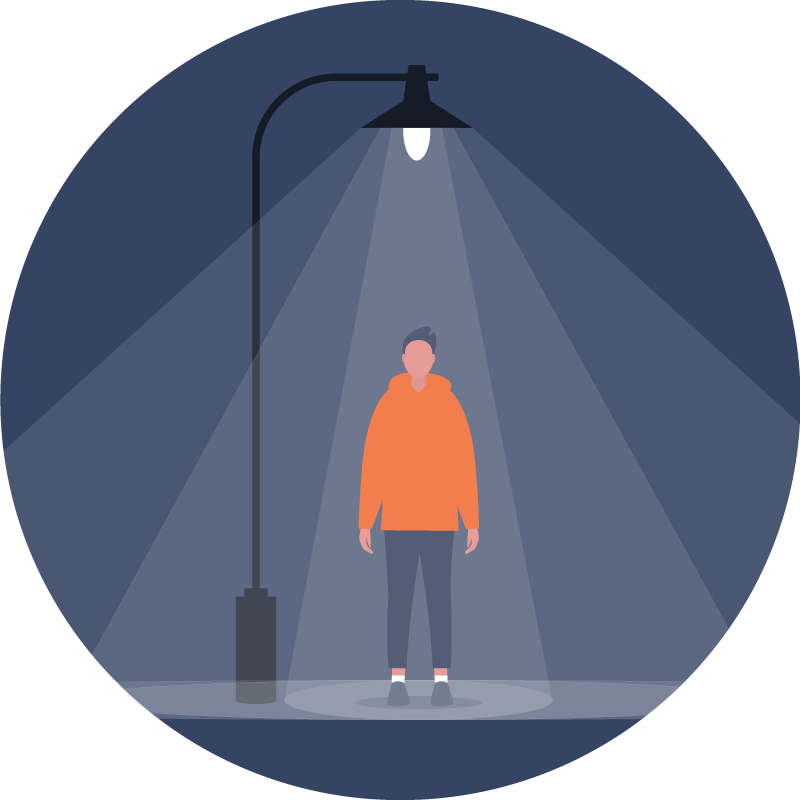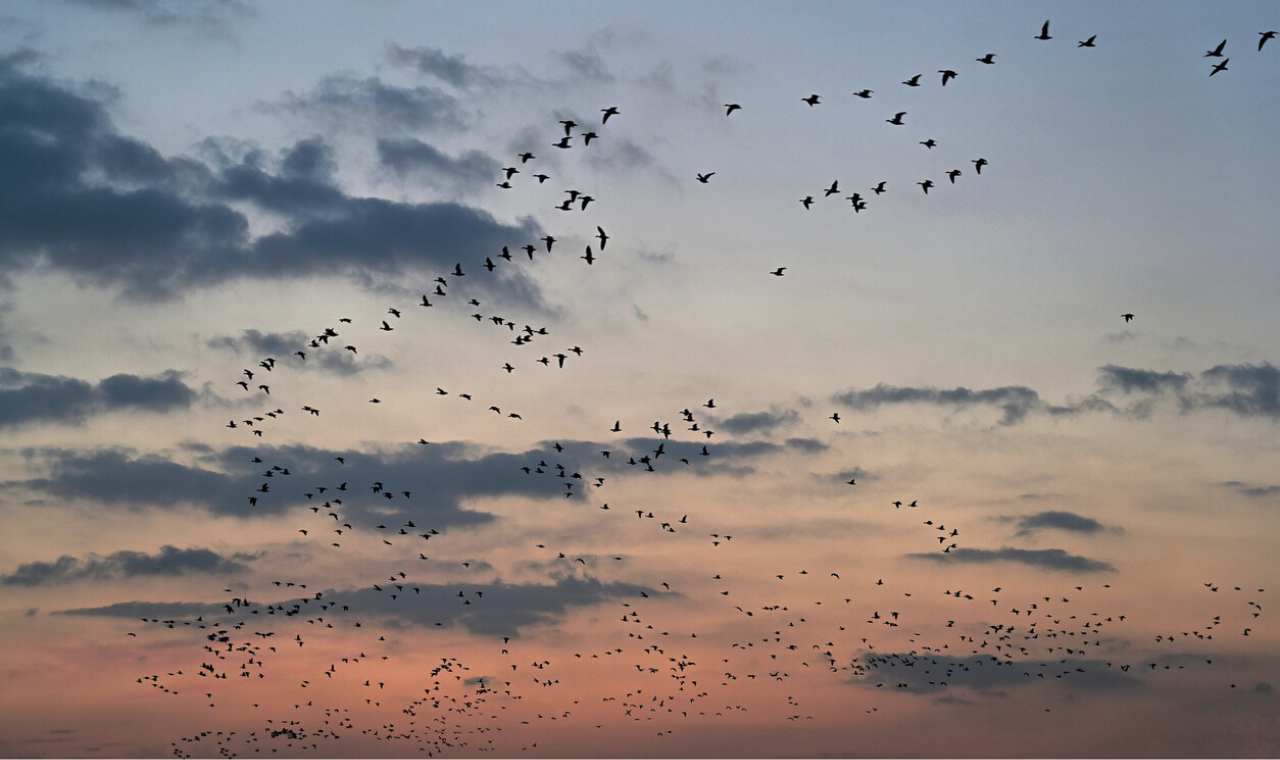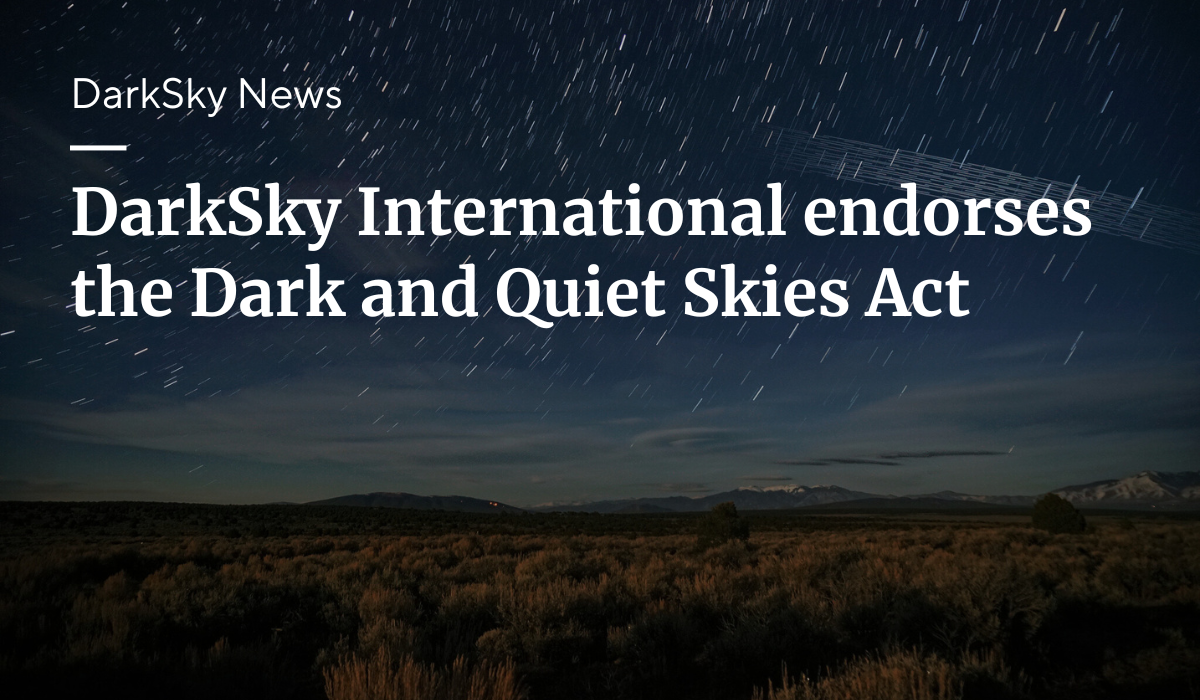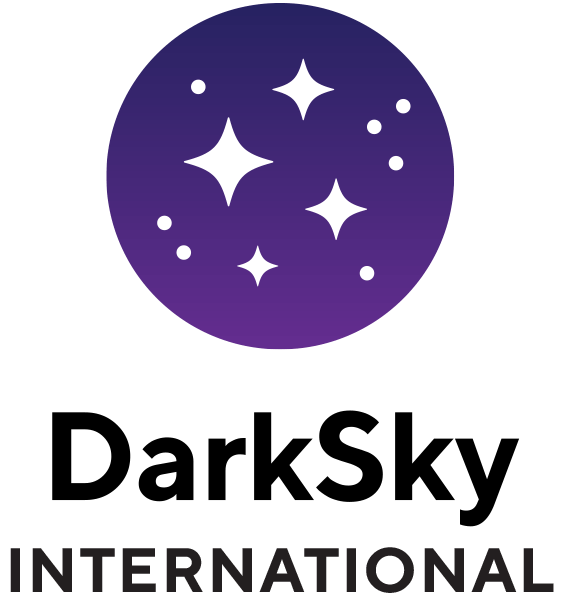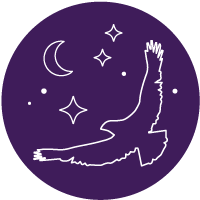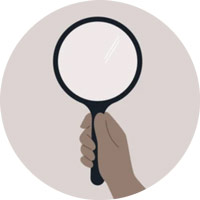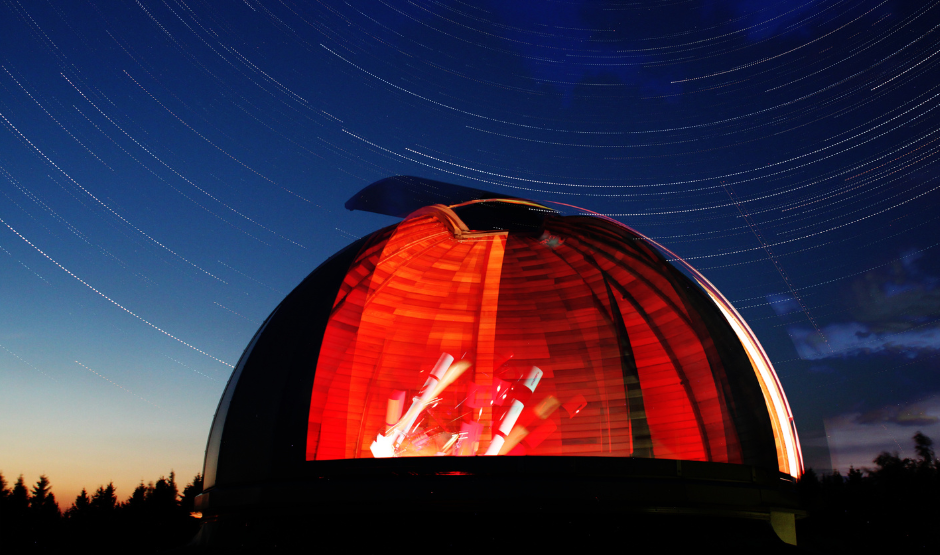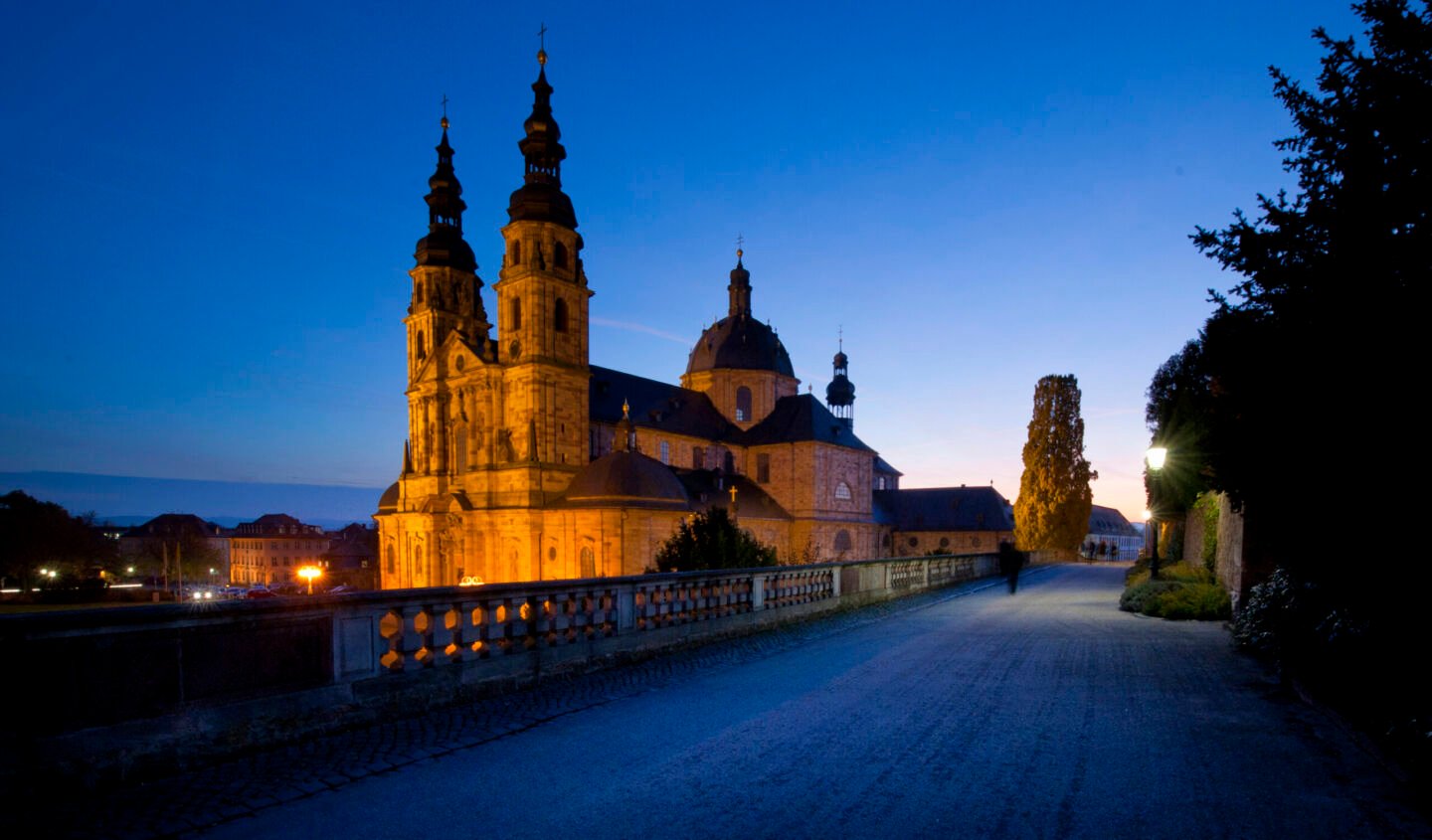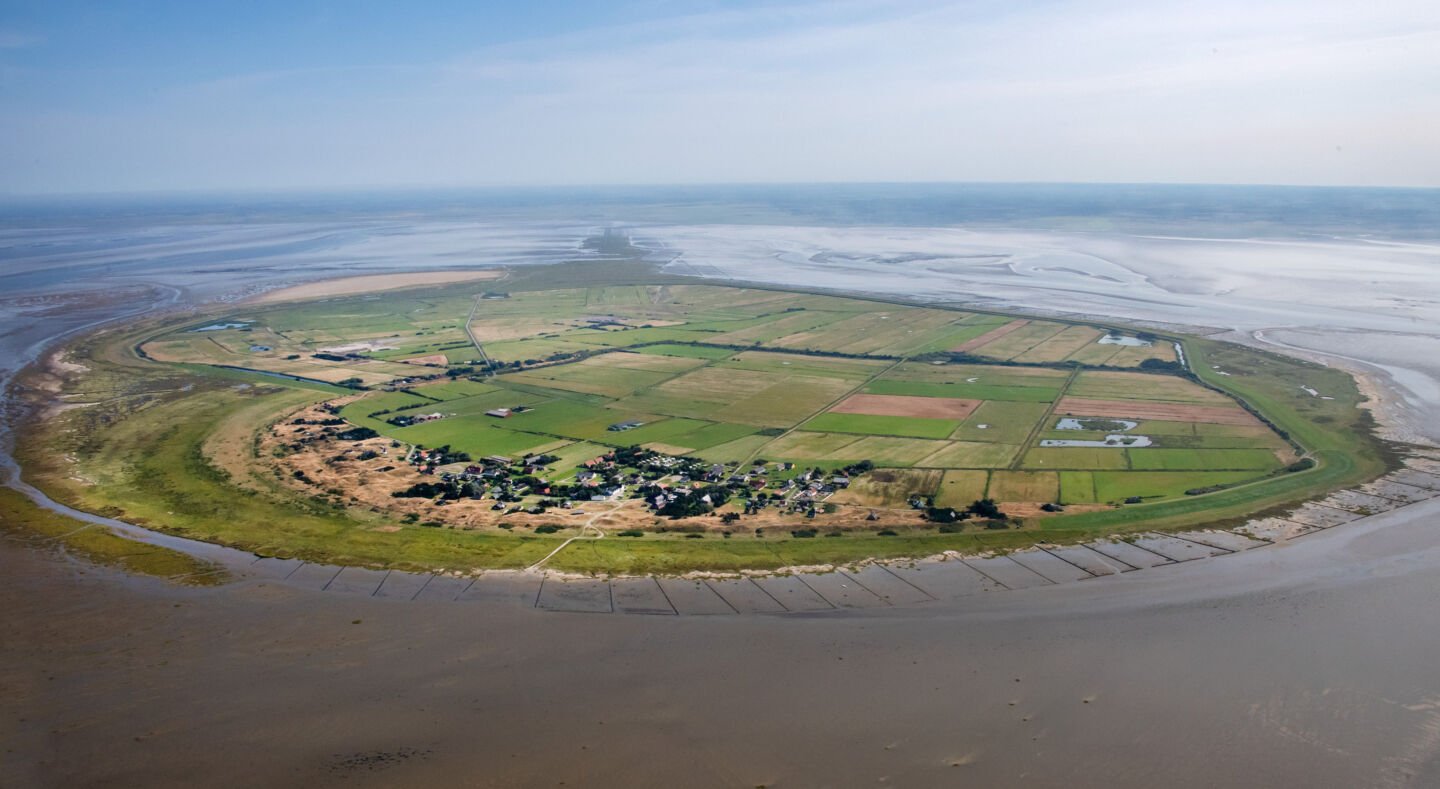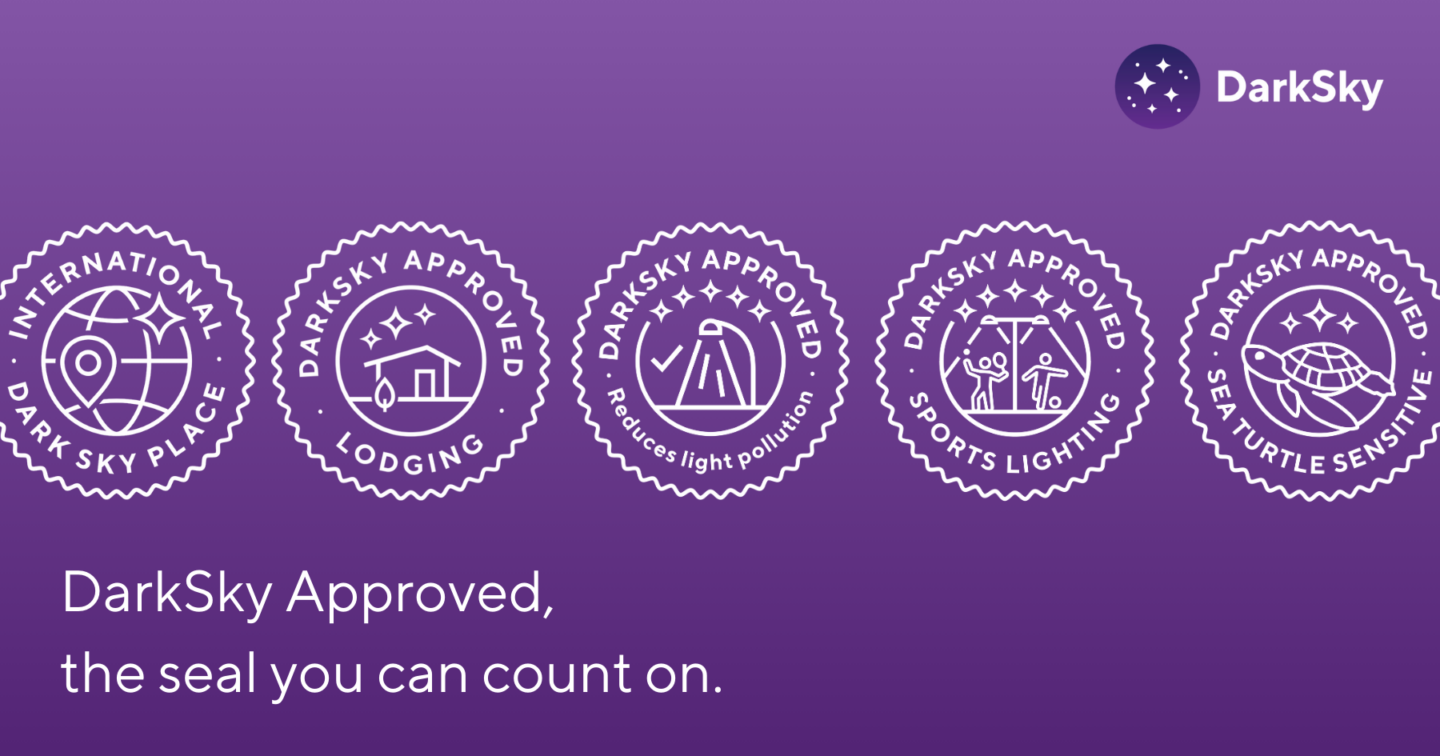
The Bavarian Forest Nature Park and the Bavarian Forest National Park have been certified as an International Dark Sky Reserve by DarkSky International

Zwiesel, Bavarian Forest, Bavaria, Germany
The “Bavarian Forest Nature Park” and the “Bavarian Forest National Park” have been officially recognized as an International Dark Sky Reserve by DarkSky International. Alongside the Röhn and the Winkelmoosalm, the Bavarian Forest is now the third star park in Bavaria: “The Bavarian Forest Star Park.” In recent years, the nature park has worked tirelessly with the neighboring national park to achieve this designation, recognizing that this is one of the few regions in Central Europe where genuine natural darkness still exists — and must be preserved as much as possible.
The Inner Bavarian Forest in southeastern Germany is characterized by its vast forested areas, mountain meadows, and a deep connection between people and nature. Up to 90% of the inner region remains forested. As part of the largest contiguous forest area in Central Europe, the Bavarian Forest is of paramount importance for nature and landscape conservation. The Bavarian Forest Nature Park has been committed to this protection since 1967, and the Bavarian Forest National Park since 1970. These conditions, along with the efforts of both institutions, have helped preserve the dark night sky for decades. However, true darkness is becoming increasingly rare across Central Europe, and even the Bavarian Forest is not immune. To counter this, the Bavarian Forest Nature Park has been actively working to protect the natural night sky and combat light pollution since 2017. Thanks to its pristine character, the “Bavarian Forest Star Park” is already internationally renowned as a vacation destination, attracting thousands of visitors each year in search of relaxation and a close connection to nature. The star park now covers approximately 94,000 hectares across 20 municipalities with around 62,000 residents.
To pursue the goal of protecting the night sky more intensively, the nature park launched two successive projects funded by INTERREG. Johannes Matt initially oversaw the first project, which focused on public relations and raising awareness, on a part-time basis. This was followed by a half-time position held by Dr. Julia Freund to implement the star park project and secure recognition by DarkSky International. As a key step, 20 municipalities in the Inner Bavarian Forest, from the Arber to the Dreisessel, were persuaded to commit to gradually adapting their public street lighting. This required formal resolutions by the respective municipal councils. Nature Park Managing Director Hartwig Löfflmann dedicated considerable time to coordinating the process and securing agreements with energy providers. The nature park carried out the project in close collaboration with the neighboring Bavarian Forest National Park. The uninhabited national park area forms the largest part of the star park’s core zone, surrounded by the necessary buffer zone. The quality of the dark night sky has been, and continues to be, documented through a network of about 50 measurement points distributed throughout the area.
“As part of our public relations efforts, it’s important to raise awareness among as many private individuals as possible,” says Hartwig Löfflmann, noting that unsuitable lights are often installed unintentionally, disrupting the dark night sky. “Incorrectly positioned lights with too much blue light not only disturb people’s sleep, but also negatively affect flora and fauna,” adds Dr. Julia Freund, who has worked on the project for many years. Georg Bauer, the first chairman of the Bavarian Forest Nature Park, says, “We are extremely pleased that this recognition has now been achieved. The excellent conditions for observing the starry night sky are of great value to tourism. Especially at a time when winter sports in the region are facing challenges, this offers a promising alternative.”
“When it comes to protecting our environment, we are now becoming three-dimensional,” says National Park Director Ursula Schuster. “I am delighted that our national park, together with the nature park, has now been officially recognized as a star park.” In the national park, the focus is not only on preserving the natural dynamics of the forests. “It is also important to us to allow darkness wherever possible,” she explains. This is crucial for many species that are nocturnal or rely on darkness to maintain their natural habitats. “This commitment is now being honored with the designation as a star park.”
In recent years, the national park administration has reviewed lighting in facilities within the star park’s core zone and replaced them with light sources that reduce light pollution and protect the night’s darkness. “This award benefits not only our protected area and its wildlife but also the entire region, by fostering interest in sustainable tourism and nature experiences.”
Activities are coordinated from the Sonnenhaus in Zwiesel, the headquarters of the Bavarian Forest Nature Park. The aim of the star park designation is to inspire even more people to protect and enhance the dark night sky. To this end, there will be annual events focused on light pollution and how to prevent it, targeting private individuals, municipalities, and businesses alike. Companies will also receive tailored advice on what measures they can take to reduce light pollution. Beyond these initiatives, events like guided star tours, moon observations, and shooting star viewings will introduce people to the wonders of an unspoiled night sky, further enriching nature tourism in the park and surrounding region.
“It was great to support the Bavarian Forest through their application to completion. Being one of the most iconic landscapes in Europe, known for its extensive forests, it is important that this old area has attained a Reserve certification to protect its natural habitats and wildlife. Their efforts showed a clear commitment to connect the communities to this dark and old landscape that will hopefully inspire others to follow,” said Dan Oakley from DarkSky International.
About the International Dark Sky Places Program:
Founded in 2001, the International Dark Sky Places Program is a non-regulatory, voluntary initiative that encourages communities, parks, and protected areas worldwide to preserve and protect dark sites through effective lighting policies, environmentally responsible outdoor lighting, and public education. When used indiscriminately, artificial light disrupts ecosystems, impacts human health, wastes money and energy, contributes to climate change, and blocks our view — and connection — to the universe. The “Bavarian Forest Star Park” now joins more than 230 places that have demonstrated strong community support for dark sky advocacy and are committed to protecting the night from light pollution. Learn more at https://darksky.org/what-we-do/international-dark-sky-places/.
About DarkSky International:
DarkSky’s mission is to preserve and protect the nighttime environment and our heritage of dark skies through environmentally responsible outdoor lighting. Learn more at darksky.org.
Contacts
Hartwig Löfflmann
Naturpark Bayerischer Wald e.V.
+49-(0)171-4960203
[email protected]
DarkSky International
Amber Harrison, Dark Sky Places Program Manager
+1 (520) 347-6363
[email protected]






